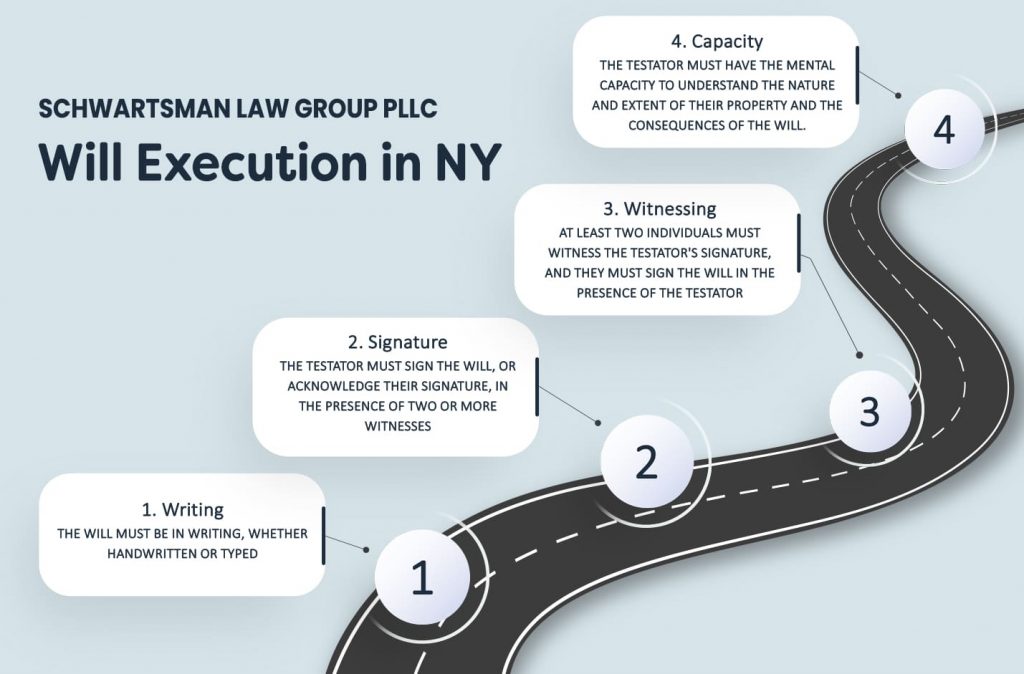The Evolution of Wills and Their Vital Role in New York Estate Planning
Wills, a legal instrument dating back centuries, remain an essential tool for individuals seeking to dictate the distribution of their assets upon their death. In New York, the proper execution of a will carries significant legal importance, protecting one’s assets, ensuring their wishes are carried out, and providing for the guardianship of minor or disabled children. We can help you navigate the complex landscape of estate planning using Wills.
The Historical Roots of Wills
The concept of wills has an ancient history that dates back to Roman times, evolving through various legal systems over the centuries. In medieval Europe, wills became a common way for individuals to transfer their property upon death. The Anglo-Saxon tradition also played a significant role in shaping wills as a legal instrument, and it later influenced American law. In New York, the modern practice of drafting wills is firmly rooted in English Common Law.

What is a Will?
A will, often referred to as a “last will and testament,” is a legal document that allows an individual (the testator) to express their wishes regarding the distribution of their assets, the appointment of guardians for minor or disabled children, and the nomination of an executor (or a personal representative) to manage their estate. In New York, a valid will must meet certain requirements, including being in writing, signed by the testator, and witnessed by at least two individuals who are not beneficiaries.
Proper Execution of a Will in New York
New York has specific legal requirements for the execution of a will to ensure its validity. These requirements include:
The Importance of Hiring an Attorney
While it is possible to create a will without an attorney, the complex legal requirements and potential pitfalls make it advisable to seek professional guidance. An experienced attorney can ensure that the will complies with New York law, reducing the risk of challenges or disputes. Additionally, legal counsel can provide advice on tax implications, asset protection, and the incorporation of trusts.
Creating Trusts within Wills
Wills can be used to establish trusts that go into effect upon the testator’s death. These trusts, known as testamentary trusts, allow for the controlled distribution of assets to beneficiaries over time. This can be particularly beneficial for those wishing to provide for minor children or individuals with disabilities, ensuring their long-term financial security.
Appointing Guardians for Minor or Disabled Children

